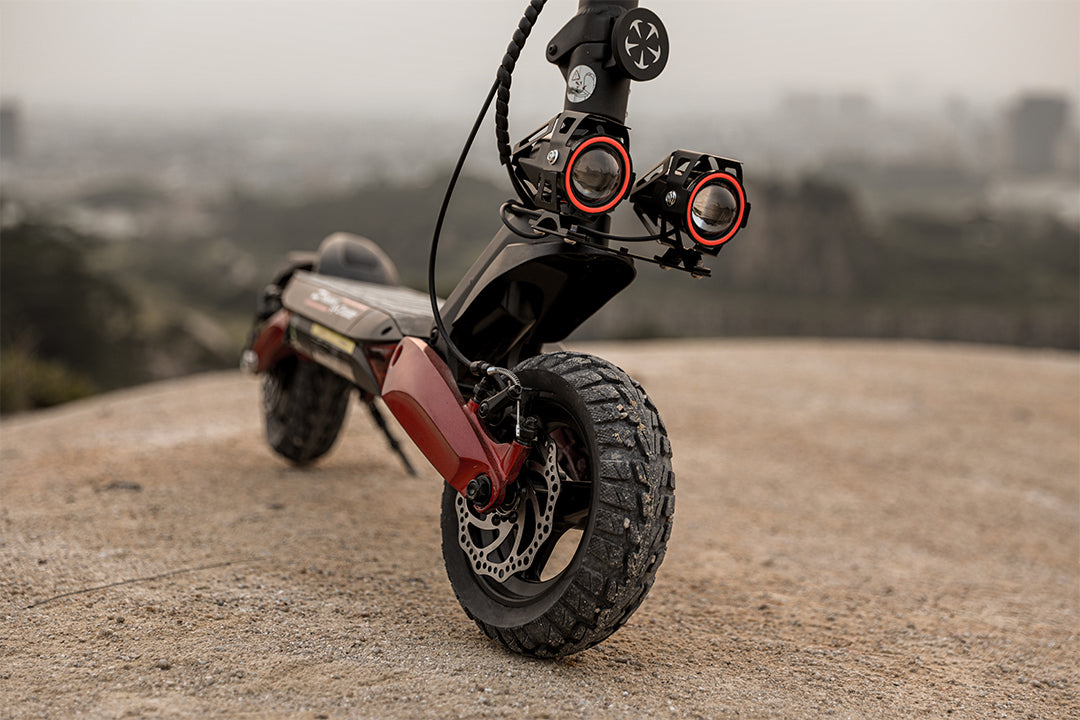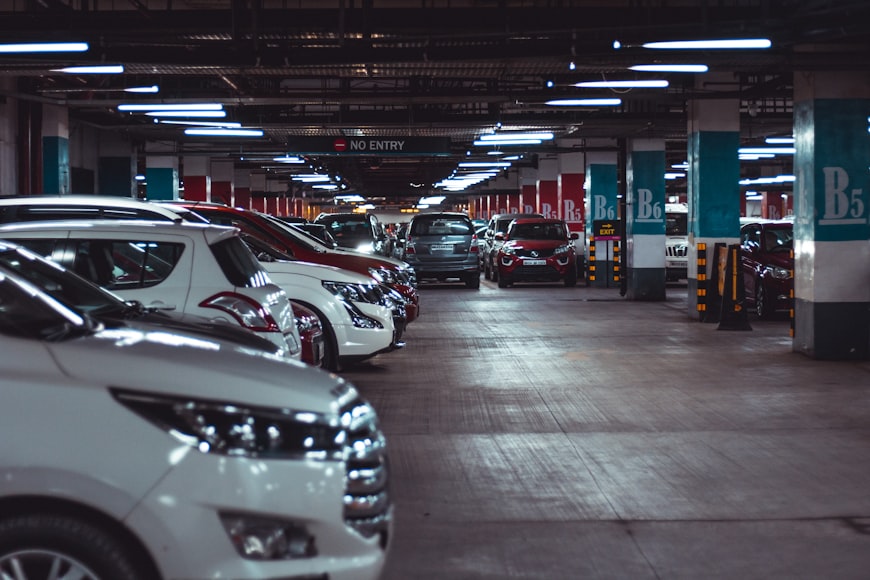RV is a lifestyle choice for many in the US. It’s evident by the report, which suggests RV wholesale shipments are projected to touch 4,98,800 units by the 2022 year-end and 4,19,000 units in 2023. While many live out of their motorhome, some venture out during the camping season.
You’ve spent months planning and organizing, but it’s not until you’re on the road that you realize how much of your time is spent trying to keep your camper van or motorhome in good shape. It can strain your budget and take away from the fun of camping.
So, before taking off for your next trip, follow these tips to ensure that you have everything you need to confirm that your van or motorhome stays in tip-top shape while staying at home while you are camping.
Table of Contents
Look After Your Engine
When you’re out on a road trip or driving down your local highway, it can be easy to forget to check up on the health of your motorhome engine. It is especially true if you have an older model, where there may not be any warning lights or indicators to let you know that something is going wrong. It can lead to costly repairs further down the line if something does go wrong and it isn’t checked early enough.
Keep an eye on your oil levels. If they’re getting low, you need more oil. Keep an eye on coolant levels, too, and if they’re getting low, then maybe it’s time for some more antifreeze. Check belts regularly, too, as these need occasionally replacing as they age and deteriorate with use.
Make sure all filters are clean so no debris is clogging up anything in the system, which could cause problems later down the line when everything gets gummed up by sludge caused by dirty filters not being replaced regularly enough.
Keep Your Batteries Charged
In the US, over 11 million US households now own an RV. The camper van or motorhome is a significant investment, and you’ve likely spent plenty of time and money to make it comfortable for your family. You want it to last for years, so you must always keep your battery pack in good condition.
Checking the charge of your batteries regularly will help ensure that they’re ready when you need them most. If there are any issues, like corrosion or sulfate build-up on the terminals (which can cause power loss), get them fixed before using them in the field again.
Suppose you have a solar panel on top of your vehicle and plenty of sunshine during the camping season. In that case, this can be an easy way to keep the battery pack charged while driving long distances across open roads and between stops at campgrounds.
Clean Up the Toilet and Water Tanks
The toilet, grey water tank, and black water tank should all be emptied. To empty them, you should open the cap and let the contents run out onto the ground. You can use a bucket or hose to help with this process, but ensure that you wash your hands afterward.
After you’ve emptied each tank:
- Wash them out with clean water (and rinse well).
- Use a disinfectant product like Lysol wipes to wipe down all surfaces inside your camper van or motorhome.
- If there are any stains on the inside of your camper van or motorhome from previous camping trips, try using some cleaning products for washing dishes in your sink, the same ones that would remove grease stains from pots and pans should work just as well on cleaning up stubborn stains from clothing as well.
Check the Tyres
You should always check the pressure and tread on your tires before heading out for any long journey, but this is especially important when you’re driving through rough terrain. If your tires are worn or under-inflated, they can cause damage to other parts of your vehicle and make it difficult for you to control your motorhome or camper van.
Checking the tire pressure is easy. All you need is a tire gauge and some time in an open space away from traffic. It would help if you also examined the sidewalls of each tire as well as its treads. If there are any cuts or cracks, they will need to be replaced immediately. Finally, remember that all vehicles have spare wheels fitted, so ensure they are kept properly inflated.
Gas Checks
According to NFPA, there are 1,920 RV fires every year. Always be sure your camper van has enough fuel before you set out on a trip. Check that the gas tank is full, the gas cap is tight, and all your filters are clean. Take a look at the fuel lines, too. If there’s dirt in them that needs cleaning out, do it.
Next up is making sure that everything else inside works correctly. The fuel pump should be working (you can test this by turning off your engine when it’s running and seeing if there’s still power) and any other electrical components like lights or air conditioning units.
The last thing to check is rust on your tank, which can cause leaks and severe damage to both people and property alike.
Check Your Insurance Policy
Check that your insurance for the camper van is valid for the places you plan to travel. If not, check with your insurance company about how to obtain cheap camper van insurance coverage for those countries. Also, find out whether you have enough coverage on your camper van Insurance policy.
You may need to upgrade it if you plan to take an extended trip or do more adventurous activities like mountain biking or white water rafting. Check for any additional insurance cover that might be required for your journeys, such as higher liability limits and personal accident cover, which will help protect yourself in case of an accident while traveling in a vehicle.
Conclusion
As you can see, there are many factors to consider when planning your next camping trip. But don’t let that put you off! By following our handy tips and keeping an open mind when finding the right camper van or motorhome for your needs, we’re sure that there will be something out there for everyone, no matter who or what you are.















